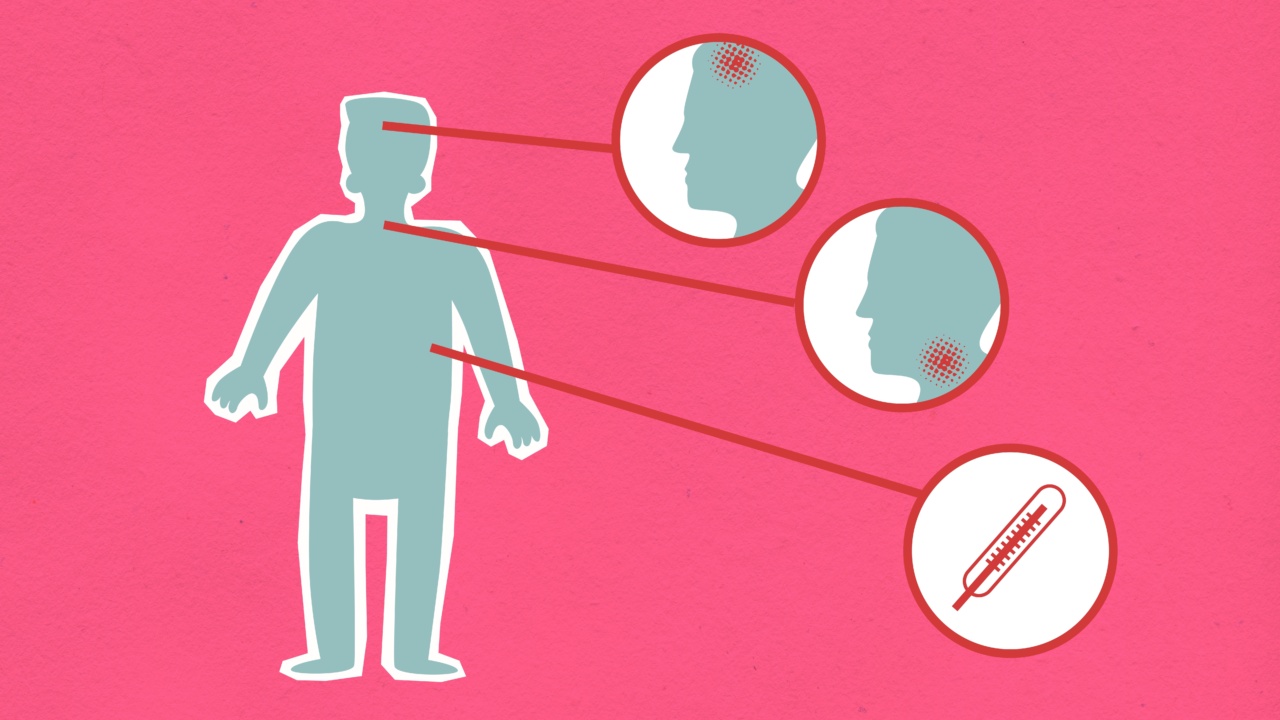Sore throat is a common symptom that is experienced by many people. However, if the sore throat persists for a long time, it could be a sign of a more serious underlying condition. One such condition that could be responsible is almond cancer.
In this article, we will explore what almond cancer is, its symptoms, and how to get diagnosed.
What is almond cancer?
Almond cancer, also known as nasopharyngeal cancer, is a rare type of cancer that occurs in the nasopharynx, which is located behind the nose and above the back of the throat.
The nasopharynx is a passageway for air that connects the nose to the back of the mouth. This area is also responsible for producing mucus that helps to moisten and cleanse the nose and throat.
Almond cancer occurs when abnormal cells begin to grow in the nasopharynx. These abnormal cells can eventually form a tumor.
The causes of almond cancer are not fully understood, but it is believed to be linked to a combination of environmental factors and genetic mutations.
What are the symptoms of almond cancer?
The symptoms of almond cancer can be subtle and may be similar to those of other conditions. Some of the most common symptoms of almond cancer include:.
- A persistent sore throat
- Difficulty swallowing
- Ear pain
- Neck swelling
- Nasal congestion
Other symptoms of almond cancer may include:.
- A lump in the neck
- Headaches
- Double vision
- Hearing loss
- Fatigue
If you are experiencing any of these symptoms, it is important to see a doctor as soon as possible.
Diagnosis of almond cancer
If you are experiencing symptoms of almond cancer, your doctor will likely perform a physical exam and may refer you to an ENT (ear, nose, and throat) specialist.
The ENT will perform a more in-depth examination of your throat and may order imaging tests, such as a CT scan, MRI, or PET scan. In addition, a biopsy may be performed to confirm the presence of cancer cells.
Treatment for almond cancer
Treatment for almond cancer depends on the stage and location of the cancer. The most common treatments include:.
- Radiation therapy
- Chemotherapy
- Surgery
In some cases, a combination of these treatments may be used. Your doctor will work with you to determine the best treatment plan based on your individual needs and the stage of your cancer.
Prevention of almond cancer
There is no guaranteed way to prevent almond cancer, but there are steps you can take to reduce your risk. Some of the most effective prevention methods include:.
- Avoiding tobacco use
- Limiting alcohol consumption
- Eating a healthy diet
- Protecting yourself from exposure to the Epstein-Barr virus, which has been linked to almond cancer
It is important to note that even if you take steps to reduce your risk of almond cancer, it is still possible to develop the disease. Regular check-ups with your doctor can help to ensure that any potential problems are caught early.
Conclusion
Almond cancer is a rare type of cancer that occurs in the nasopharynx. While it can be difficult to detect, a persistent sore throat is a common symptom.
If you are experiencing this symptom or any others associated with almond cancer, it is important to see a doctor as soon as possible for proper diagnosis and treatment. Taking steps to reduce your risk of almond cancer, such as avoiding tobacco and limiting alcohol consumption, can also be beneficial.


























